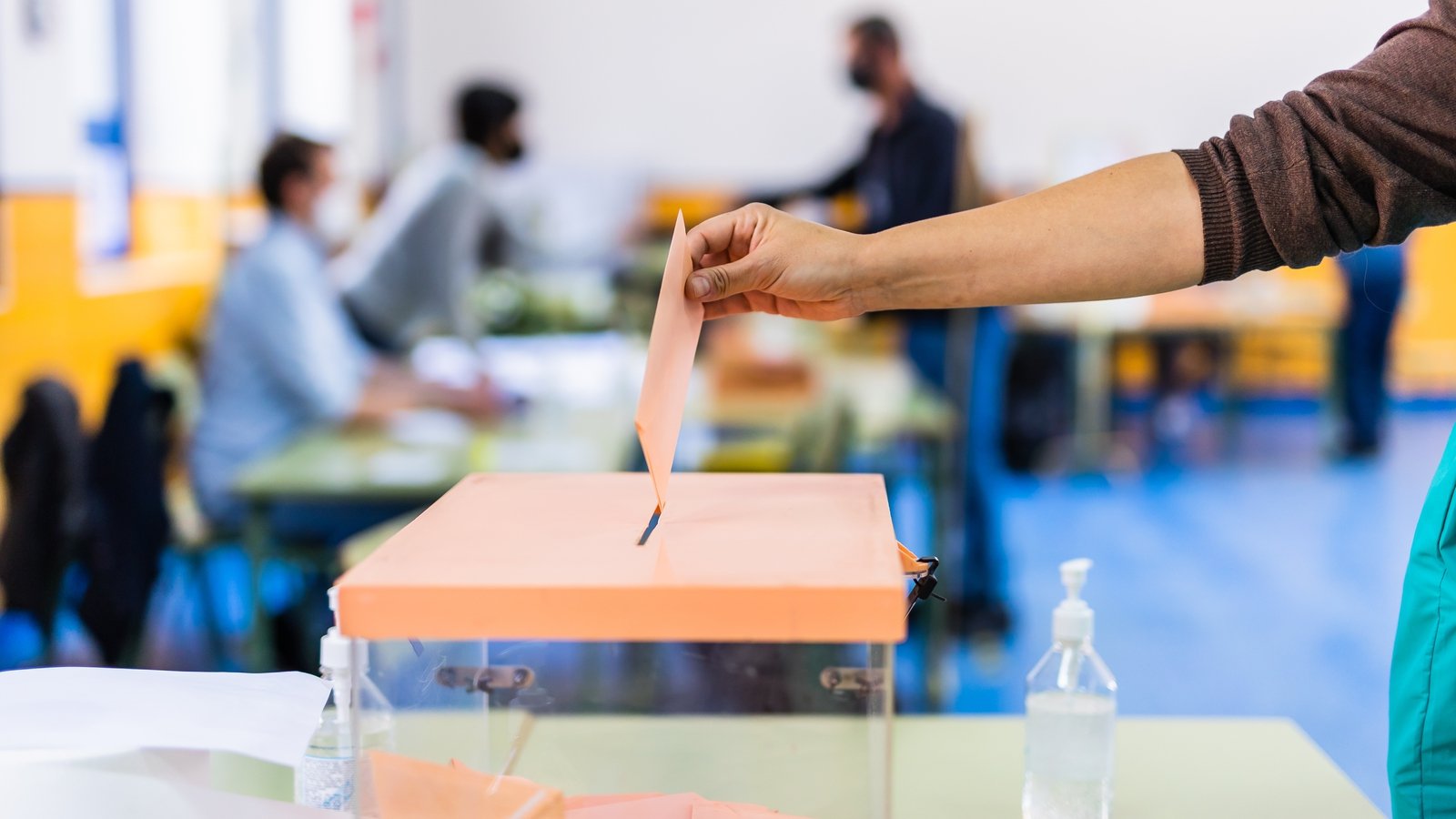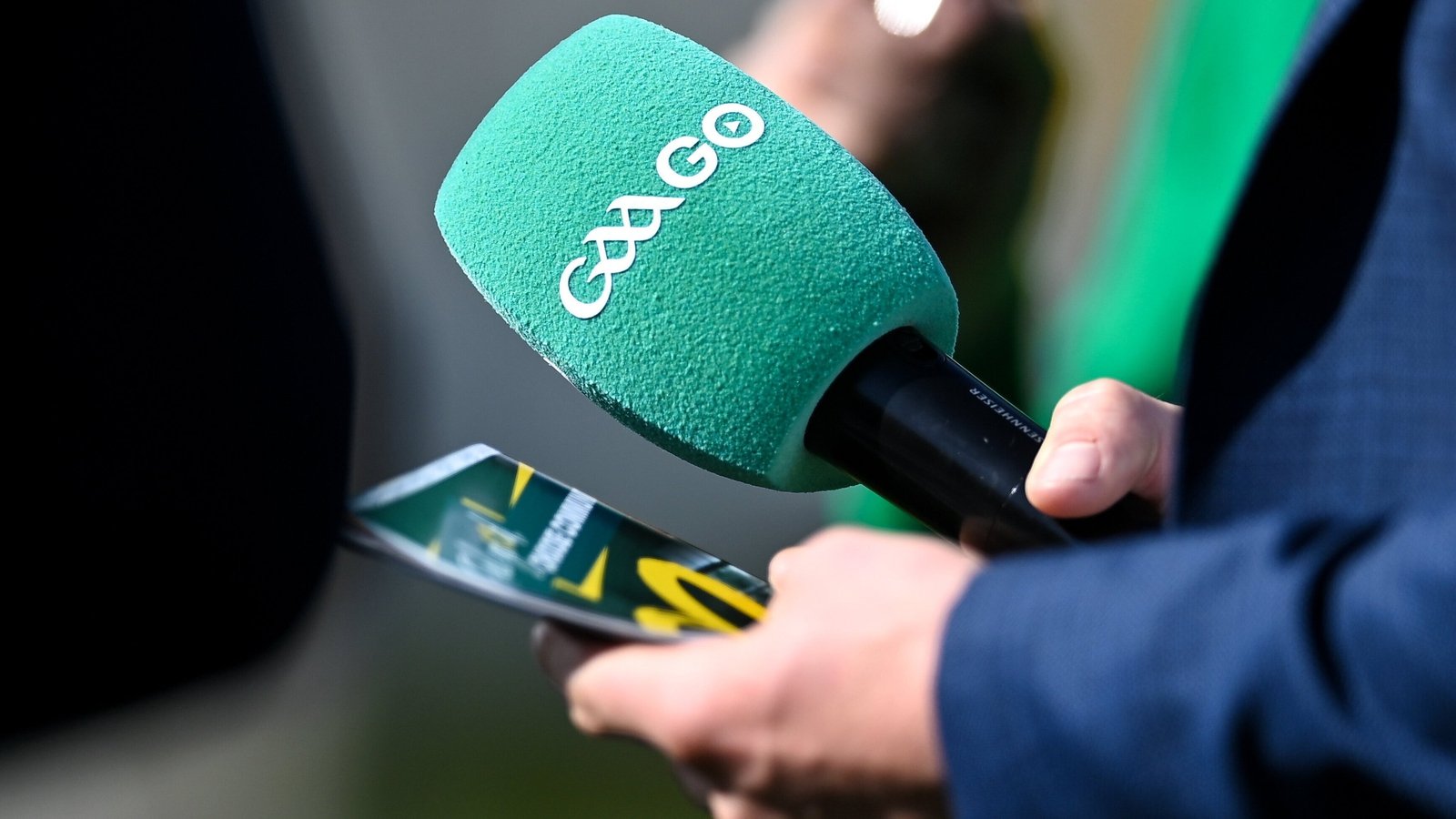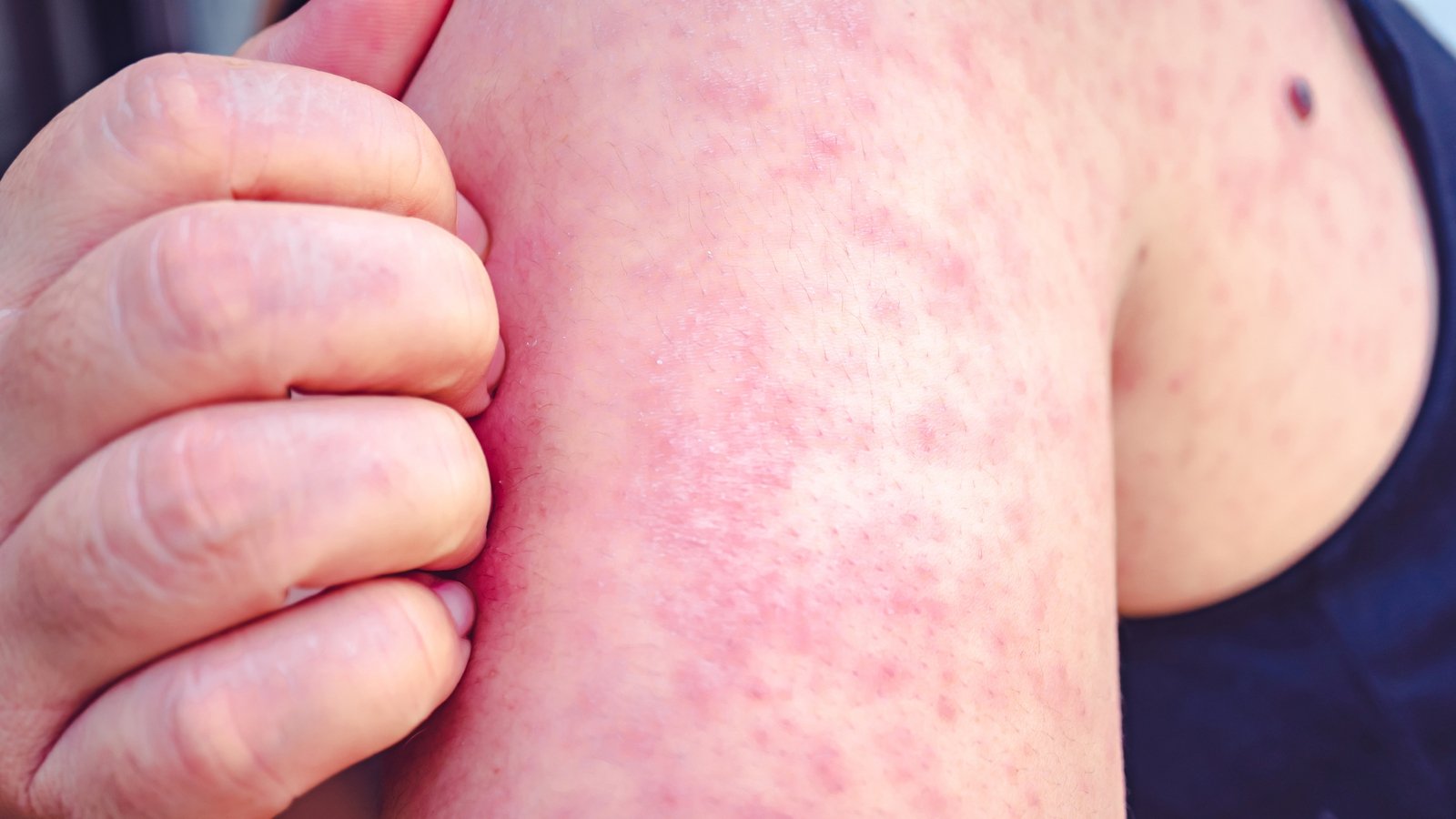Data probe reveals thousands of Irish horses ‘missing’ each year
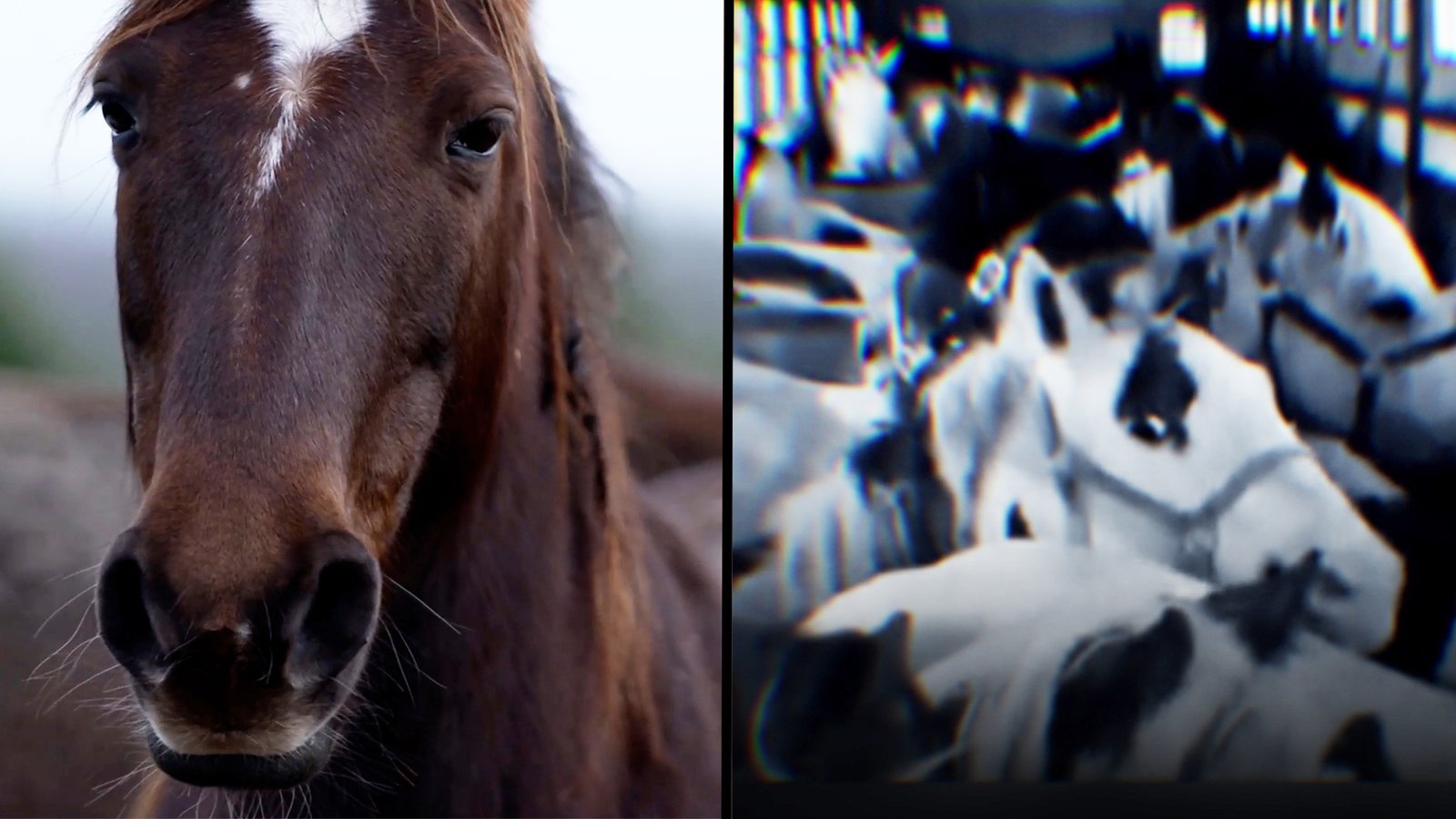
RTÉ Investigates has uncovered discrepancies relating to the traceability of thousands of Irish horses, as part of a major piece of research examining the equine industry in Ireland and across Europe.
An in-depth analysis of figures gathered from various sources reveals that the problem impacts up to 20,000 Irish horses each year.
The investigation examined the ways some horses disappear, including the activities of criminal networks which launder the identities of horses that were declared unfit for human consumption, with the intent of getting them into the human food chain.
Notably, in a significant cross-border court case that concluded in Marseille last year, Irish horses were identified as the main source of supply for those slaughtering horses which had been issued with false identities in France.
During its research, RTÉ established that one of the men convicted of being a ringleader in the network which was prosecuted in France is still playing a prominent role in the fate of Irish horses, despite currently serving a five-year-ban issued by a French court from all activity in the equine industry.
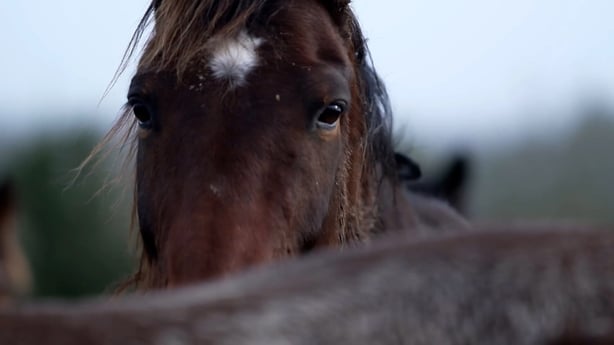
Over the last year, RTÉ Investigates compiled and analysed datasets from various EU member states to uncover specific patterns in a series of European food safety alerts that pointed to the use of fraudulent German horse identities that could not be easily verified because of cross-border data sharing restrictions.
In Ireland, RTÉ Investigates gathered data on all potential records of when horses enter the system – including births and imports. It similarly collected all records for when horses exit the system, including through slaughter, knackery disposals, and exports.
Despite differences in reporting methods by various authorities, the result of various approaches remained broadly consistent, and revealed 20,000 horses were – on paper – disappearing each year.
The RTÉ Investigates project also identified significant links between Irish horses and continental slaughterhouses, including one abattoir the research established was connected to a series of food safety alerts.
In Spain, customs authorities reported to have imported more than 10,000 horses for slaughter from Ireland since 2017. However, there was no record of these trades on data kept in this country.
When it probed the figures, Spanish customs said all the horses had come from Northern Ireland.
Read more: Significant horse abuse exposed at key site by secret RTÉ filming
The Department of Agriculture in Northern Ireland said it has no record of this but said once a horse moves south – or to Great Britain – it may be certified for export to Spain and the Department cannot access data concerning any such export.
The Department of Agriculture in the Republic of Ireland said the Animal Identification and Movement systems that are in place to track horses were not designed to reconcile what eventually happened to horses.
“The system as it currently exists recognises that horses move frequently and focuses on capturing important food chain updates. It does not operate to reconcile entries and exits and therefore we cannot comment on the figures,” it said.
Zoe Williamson of World Horse Welfare, a UK based charity that monitors horse trafficking, said there could be thousands of horses smuggled into mainland Europe and the official passport documents used to track equine identities are too prone to fraud.
“It’s a paper system for a lot of it. There’s no up-to-date photographs. Ultimately, they’re almost not worth the paper they’re printed on. And in this day and age, we should be having a proper digitized system,” she said.
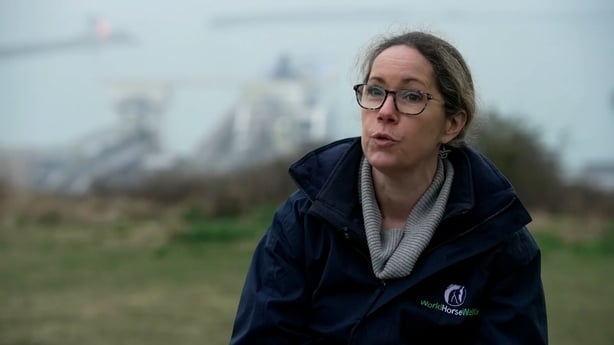
Documents from the trial in Marseille revealed that French and Belgian authorities had investigated the source of horses that had been used by the smuggling network.
As part of this investigation the Belgian food agency found that massive numbers of Irish horses were being supplied to traffickers in Belgium and were disappearing without a trace.
This trial exposed how these horses were obtaining new clean passports particularly from organisations in the Netherlands.
Belgian authorities told RTÉ Investigates they currently have a judicial investigation ongoing into one of the men convicted in France and have sought and received cooperation from Irish authorities.
European Commission spokesman on Food Safety, Stefan De Keersmaecker, said the issues uncovered as part of the RTÉ Investigates work into the food safety alerts were concerning and it would work to establish what went wrong.
“Unfortunately, even with the best rules, you cannot stop fraudulent behaviour. You cannot stop necessarily all kinds of crime. So it is there, but we need to make sure that we detect it quickly,” he said in an interview.
“What is very important, of course, is that we first examine very closely all the issues and the problems that have been identified.”
“We’re very grateful for the work that you have done. It’s very important that we go and delve into the actual facts to see what went wrong, where and how,” he said.
Coverage of this issue from RTÉ Investigates continues across RTÉ platforms over coming days.

